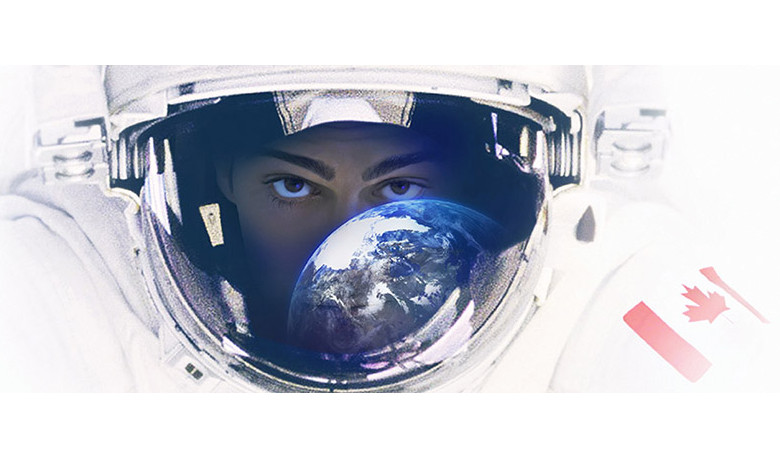At a recent budget meeting, the Canadian government announced its plan to provide $80.9 million over the next five years to boost its space sector. The investment will be used to develop emerging technologies, such as a radar instrument that will be developed for a future orbiter mission to Mars and a project that will focus on quantum technology in space.
The proposed radar would be used to study the red planet’s surface and subsurface with a view to possibly identifying water resources at shallow depths. This in turn would provide critical geological information for the landing site of future spacecraft to Mars.
The second project will contribute to advances in quantum encryption by using highly advanced computing technology to create virtually unbreakable security codes. This technology would not only benefit the space sector but could also lead to more secure communications, and greater protection of Canadians’ privacy while positioning the country as as a leader in this emerging field.
Speaking at the recent budget, Marc Garneau, Minister of Transport and the first Canadian in space said, “as a former astronaut, I know the importance of innovation in the space sector. The funding proposed in Budget 2017 will help cement Canada’s position as a trusted partner in the space community and will help the Canadian Space Agency look to the future of space exploration as a source for Canadian innovation and scientific excellence.”
In addition to the increased funding that was announced, the Government of Canada recently announced the renewal of the Space Advisory Board with the appointment of new members and a new mandate.
“Canada’s space sector has a world-class reputation and is a key contributor to innovation… the renewed Space Advisory Board has been tasked with developing a fresh vision for the sector. Its work will result in a blueprint that will guide the development of the next generation of space technologies and inspire the next generation of space scientists,” said Navdeep Bains, Minister of Innovation, Science and Economic Development.
Last year the Canadian government helped extend the countries participation in the International Space Station to 2024 by providing its space agency with $379 million and it has recently provided up to 13 grants of $200,000 each for professors and students from Canadian post-secondary institutions to design, build and operate their own space satellites.
“Once these satellites are tested and ready for space, they will be deployed from the International Space Station,” said Bains. “What a great way for young Canadians to develop the skills and experience they need for the jobs of the future.”
“The breakthroughs and discoveries of tomorrow depend on our ability to nurture the curiosity and passion of young Canadians today.”











